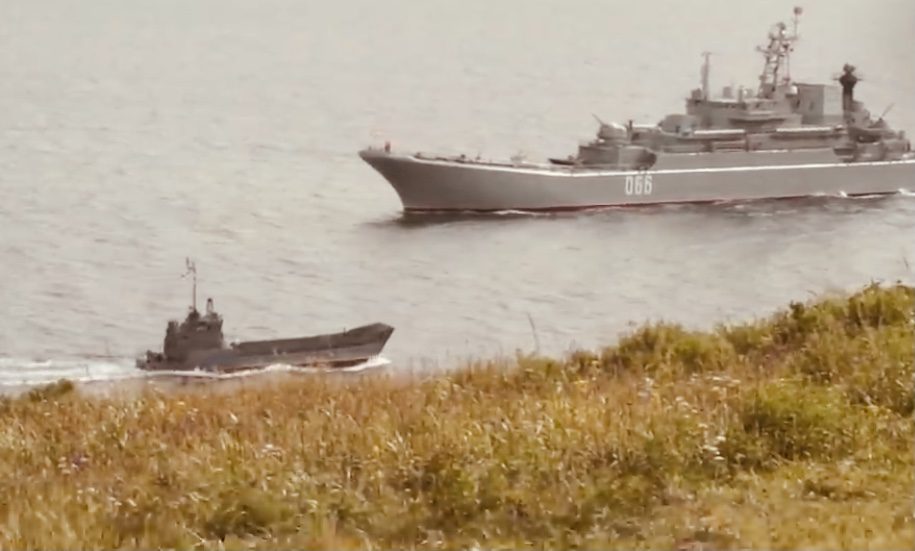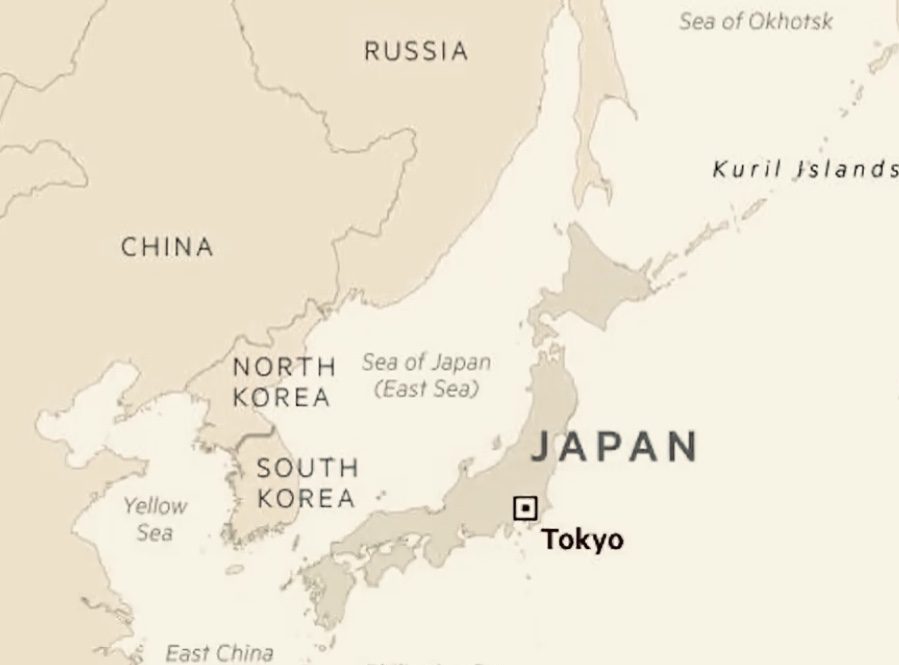Anti-Russia Kishida led to peace treaty talks being terminated by Russia
Noriko Watanabe and Lee Jay Walker
Modern Tokyo Times

Prime Minister Fumio Kishida was elected the leader of Japan last year. However, in less than six months, his anti-Russian Federation rhetoric led to the termination of peace treaty talks. Therefore, his foreign policy agenda is unraveling negatively because the Quads group (America, Australia, India, and Japan) also looks weaker concerning India’s refusal to bend to Kishida’s anti-Russian Federation policies.
Japan is the only nation in Asia that is adopting an anti-Russian Federation policy in line with America and the nations of the G-7. Hence, from Saudi Arabia in West Asia to China in Northeast Asia – from Tajikistan in Central Asia to India in South Asia, these nations seek a compromise to the Ukraine crisis. None seek sanctions on the Russian Federation. Also, no other nation in Asia, apart from Japan, is sending high-ranking individuals to other nations to condemn the policies of President Vladimir Putin. Instead, the above nations (excluding Japan) hope a solution can be found that considers the genuine geopolitical concerns of the Russian Federation – while seeking to end the conflict concerning the mutual security concerns of Ukraine and the Russian Federation.
Thus the Russian Federation is disillusioned by the anti-Russia rhetoric of the Kishida administration in Japan. The Russian Foreign Ministry said, “In the light of the outspokenly unfriendly nature of Japan’s unilateral restrictions against Russia over the situation in Ukraine the following measures are to be taken. In the current situation the Russian side has no intention of continuing peace treaty talks with Japan, for it is impossible to discuss the signing of a fundamental treaty in bilateral relations with a country that takes an outspokenly unfriendly stance and tries to cause harm to the interests of our country.”
The Russian Foreign Ministry continued, “All responsibility for harm to bilateral relations and to the interests of Japan itself rests upon Tokyo, which has consciously made its choice in favor of an anti-Russian policy instead of developing mutually beneficial cooperation and neighborliness.”

Kishida’s anti-Russian Federation policies mean that visa-free travel for Japanese nationals to the southern Kuril Islands will be suspended. Sadly, many ordinary Japanese citizens in the environs of Hokkaido – with links to the Kuril Islands – don’t overtly support the stance being taken by Kishida. The Russian Federation will also withdraw economic dialogue concerning joint ventures. Therefore, if the Russian Federation decides on opening up the Kuril Islands to other regional nations in Northeast Asia – and further afield – the blame for Japan’s own goal is down to Kishida.
Modern Tokyo Times recently reported, “If Japan was principled and put sanctions on America for dropping Agent Orange on Vietnam, supporting right-wing death squads via Operation Condor in South America, supporting the massacres of untold numbers in Indonesia (killing vast numbers of communists, ethnic cleansing in East Timor, ethnic cleansing in West Papua), and the bombing of Iraq (false flag and weapons of mass destruction), Libya, and destabilizing many nations including Syria: then Japan would be deemed principled. However, the deaths of millions of people concerning the above conflicts on several continents by America barely raised an eyebrow in Japan.”
Only Japan – in the whole of Asia – is adopting an overtly anti-Russian Federation stance concerning events in Ukraine and the Russian-dominated areas of Donbas. Once more, political elites in the ruling Liberal Democratic Party are serving the interest of America – while seeking to increase the internal nationalist tap on – above the geopolitical self-interest of Japan in Northeast Asia.
In recent times, the current Kishida administration – similar to the administration of Yoshihide Suga – is becoming more anti-China and anti-Russian Federation. Thus after many decades, Japan is now seeking to turn Taiwan into an internal self-interest of Japan to the detriment of China. Therefore, this folly is leading to Japan being isolated in Northeast Asia – apart from having cordial relations with Taiwan (the anti-China angle is behind this).
The influential Shinzo Abe within the ruling Liberal Democratic Party – and friend of Kishida – recently said, “A Taiwan emergency is a Japan emergency. That is, it’s an emergency for the US-Japan alliance as well.”
Hence, from Taiwan to Ukraine, Japan is creating its own internal security problems. Thus it is hoped that the next administration in Japan seeks to build bridges with regional nations and adopt a more pragmatic approach to important geopolitical issues. However, unless Kishida does a u-turn, the current administration is creating self-induced problems to the detriment of Japan.

PLEASE DONATE TO HELP MODERN TOKYO TIMES
Modern Tokyo News is part of the Modern Tokyo Times group
DONATIONS to SUPPORT MODERN TOKYO TIMES – please pay PayPal and DONATE to sawakoart@gmail.com
http://moderntokyotimes.com Modern Tokyo Times – International News and Japan News
http://sawakoart.com – Sawako Utsumi personal website and Modern Tokyo Times artist
https://moderntokyonews.com Modern Tokyo News – Tokyo News and International News
PLEASE JOIN ON TWITTER
https://twitter.com/MTT_News Modern Tokyo Times
PLEASE JOIN ON FACEBOOK